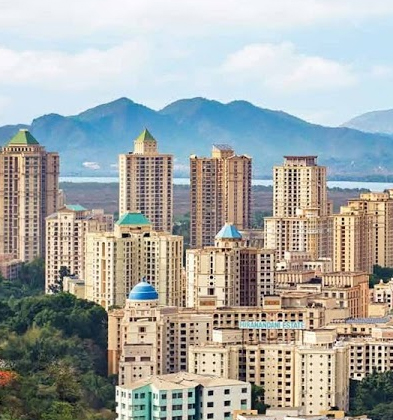Affordable Housing Measures Are Reshaping The Real Estate Landscape
December 22nd, 2023
Listen to this News
Affordable housing refers to the housing segment where the inventory is within the price limit that is affordable to the section of society whose income is low and below the median household income.
The government defines affordable housing as residential units that are 60 square meters, or under Rs 45 lakhs in metro areas. The size of an affordable housing unit is up to 90 square meters in non-metro markets, yet must be priced at or under Rs 45 lakhs.
Need and Government measures
Since affordable housing is for people with limited income, it becomes the responsibility of the government to create avenues for affordable housing. The Government of India has thus taken various measures to cater to the demand for affordable housing, in 2015 (PMAY) Pradhan Mantri Awaas Yojana was launched. The programme included components like (CLSS) Credit Linked Subsidy Scheme and (BLC) Beneficiary Led Construction. The introduction of RERA in 2016 made the real estate sector transparent, accountable, and punctual with regards to project deliveries. Affordable Housing through Partnership was also introduced to encourage public-private partnerships and develop affordable housing projects. The government also allowed infrastructure status to affordable housing, as it helps developers venturing into affordable housing to secure funds from different avenues, including external commercial borrowings (ECB), foreign venture capital investors (FVCI), and foreign portfolio investors (FPIS). A year’s time is also given to developers to pay tax on notional rental income on unsold completed units; tenure for long-term capital gains is reduced to two years from the earlier three years as well. The refinancing facility was increased for affordable housing by the National Housing Bank (NHB) for individual loans.
Current Statistics
Statistics say that of the 2.29 lakh units sold in the top 7 Indian cities in the first half of 2023, 20 per cent, or around 46,000 units were affordable houses priced at less than Rs 40 lakh. In the corresponding period a year ago, the sale of affordable housing accounted for 30 per cent, or 57,060 units of the total 1.84 lakh houses sold.
Challenges
In the top seven cities of India, the share of affordable housing in the overall housing supply has plummeted to just 18 per cent during H1 2023, down from 23 per cent in H1 2022. This worrisome trend calls for immediate attention from policymakers to address the challenges faced by this crucial segment. The mounting burden on affordable homebuyers is further compounded by the significant increase in Equated Monthly Installments (EMIs) over the last two years. The floating interest rates for home loans up to Rs 30 lakhs have surged from 6.7 per cent in mid-2021 to nearly 9.15 per cent in H1 2023. This has resulted in a staggering 20 per cent increase in the EMIs for borrowers, leading to a substantial jump in the overall interest component.
Indian population is expected to live in urban areas as against the current figure of 34 per cent and this is likely to create a demand for 25 million additional homes.
The current housing shortage in urban areas is around 10 million units and most of the housing shortage lies in the Economically weaker section and lower income group segment. Affordable housing is needed to boost the economy and to accomplish the dream of a home for all.
Source: timesproperty.com
Read all Thane Real Estate Latest News
To Know About Thane Real Estate Development Contact Us at (+91) 9833458323

